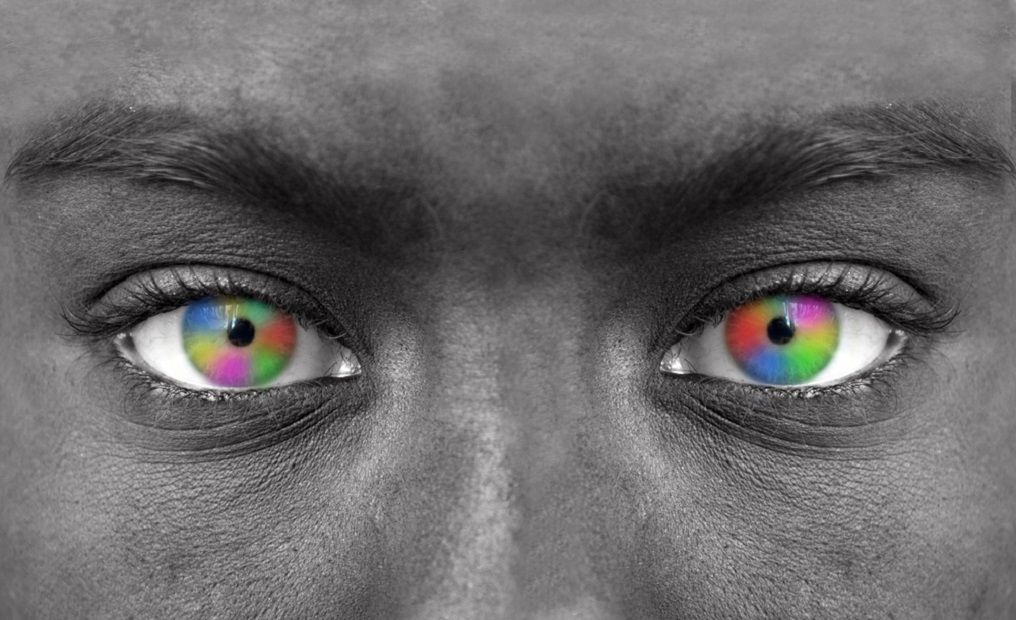Decorative Contact Lenses Get 'Horror Story' Warning from FDA

The gruesome eye injuries depicted on the TV show "American Horror Story" are being used to warn consumers about the dangers of wearing decorative contact lenses, the U.S. Food and Drug Administration (FDA) announced today (June 26).
Decorative contact lenses can cause eye injuries, including tears on the eye's surface, which may lead to infection, serious eye damage and even blindness.
In a joint campaign, the FDA, the American Optometric Association and the Entertainment Industries Council are releasing two videos to inform consumers, especially teenagers, about the safety of these contact lenses.
The videos contain clips from the popular television show "American Horror Story," which has frequently used decorative contact lenses to depict eye injuries. The clips include interviews with professional makeup artists and optometrists, who walk viewers through the process that happens behind the scenes, before actors are given the green light to wear the lenses. This includes getting comprehensive eye exams and a prescription for contact lenses, and purchasing lenses from a reputable source. [Top 10 Scariest Horror Movies Ever Made]
"Our intent is that when young people see the lengths professional makeup artists go to, to make sure actors get and use the lenses safely, they'll take the message to heart," said Dr. Helene Clayton-Jeter, an optometrist and health programs coordinator at the FDA.
In the eye exams, doctors first make sure an actor's eyes are healthy, for example, that they produce enough tears to allow oxygen to flow to the eye while wearing contact lenses.
To make the lenses, makeup artists go through several steps, including creating the lenses' design, and sterilizing them, as well as fitting them to the actors, because everybody's eyes are different.
Sign up for the Live Science daily newsletter now
Get the world’s most fascinating discoveries delivered straight to your inbox.
For consumers, to use contact lenses safely, the FDA recommends first getting an eye exam and a prescription that includes the brand name, lens measurements and an expiration date. After getting the lenses, consumers should carefully follow directions for cleaning, disinfecting and wearing them, the agency says.
The FDA also recommends against buying contact lenses from a seller that doesn't ask for a prescription. Moreover, the agency noted that some decorative lenses, including anime, or circle, lenses are bigger than normal lenses, and have not been approved by FDA.
Email Bahar Gholipour. Follow LiveScience @livescience, Facebook & Google+. Originally published on Live Science.
